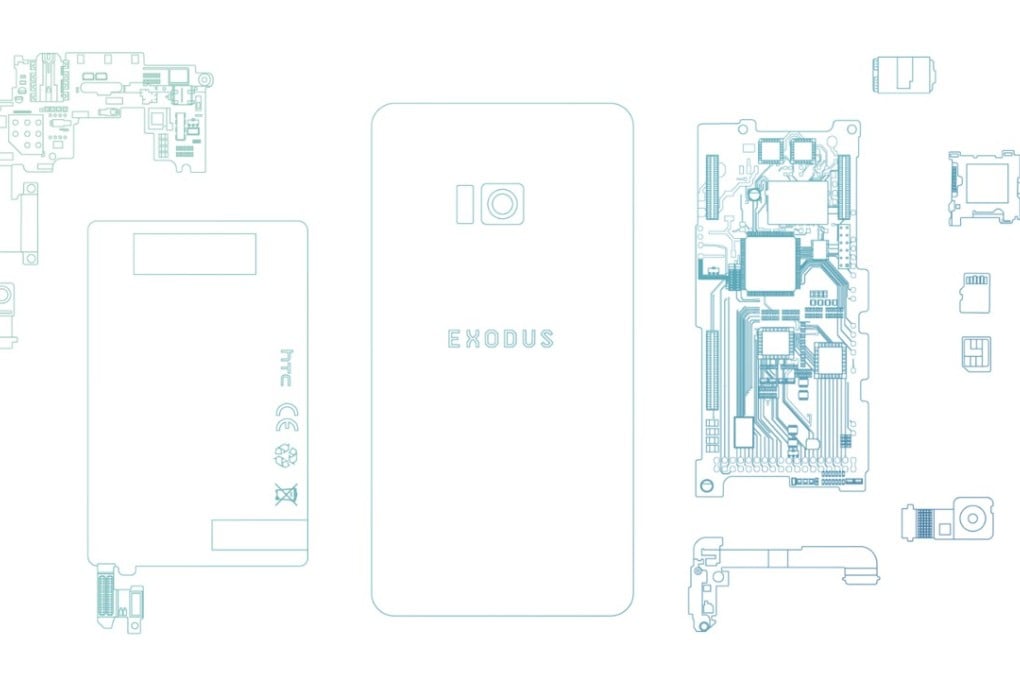HTC develops ‘blockchain phone’ – but how does it work?
The struggling Taiwanese consumer electronics firm is betting that blockchain technology and cryptocurrencies represent the next wave of innovation for the smartphone market

The race to launch the world’s first blockchain-enabled smartphone is poised to heat up as Taiwanese consumer electronics firm HTC said its device would be made available this third quarter.
HTC’s Exodus blockchain phone, which it first announced in May, has already received “tens of thousands” of reservations globally, said Phil Chen, the chief crypto officer at HTC, in an interview on the sidelines of the RISE technology conference in Hong Kong on Wednesday.
The impending launch of Exodus would put HTC ahead of Switzerland-based start-up Sirin Labs in introducing a blockchain phone to market.
Sirin had said in April that its Finney blockchain phone, which will be made by Hong Kong-listed FIH Mobile, had pre-orders of more than 25,000 units and is expected to ship in October priced at about US$1,000. FIH Mobile is a subsidiary of Taiwan’s Hon Hai Precision Industry, the world’s largest electronics contract manufacturer and known under its trade name of Foxconn Technology Group.
Both HTC’s Exodus and Sirin’s Finney smartphones feature a built-in digital wallet application that will enable users to securely store and use cryptocurrencies, such as bitcoin and ethereum, in daily transactions.